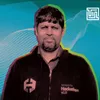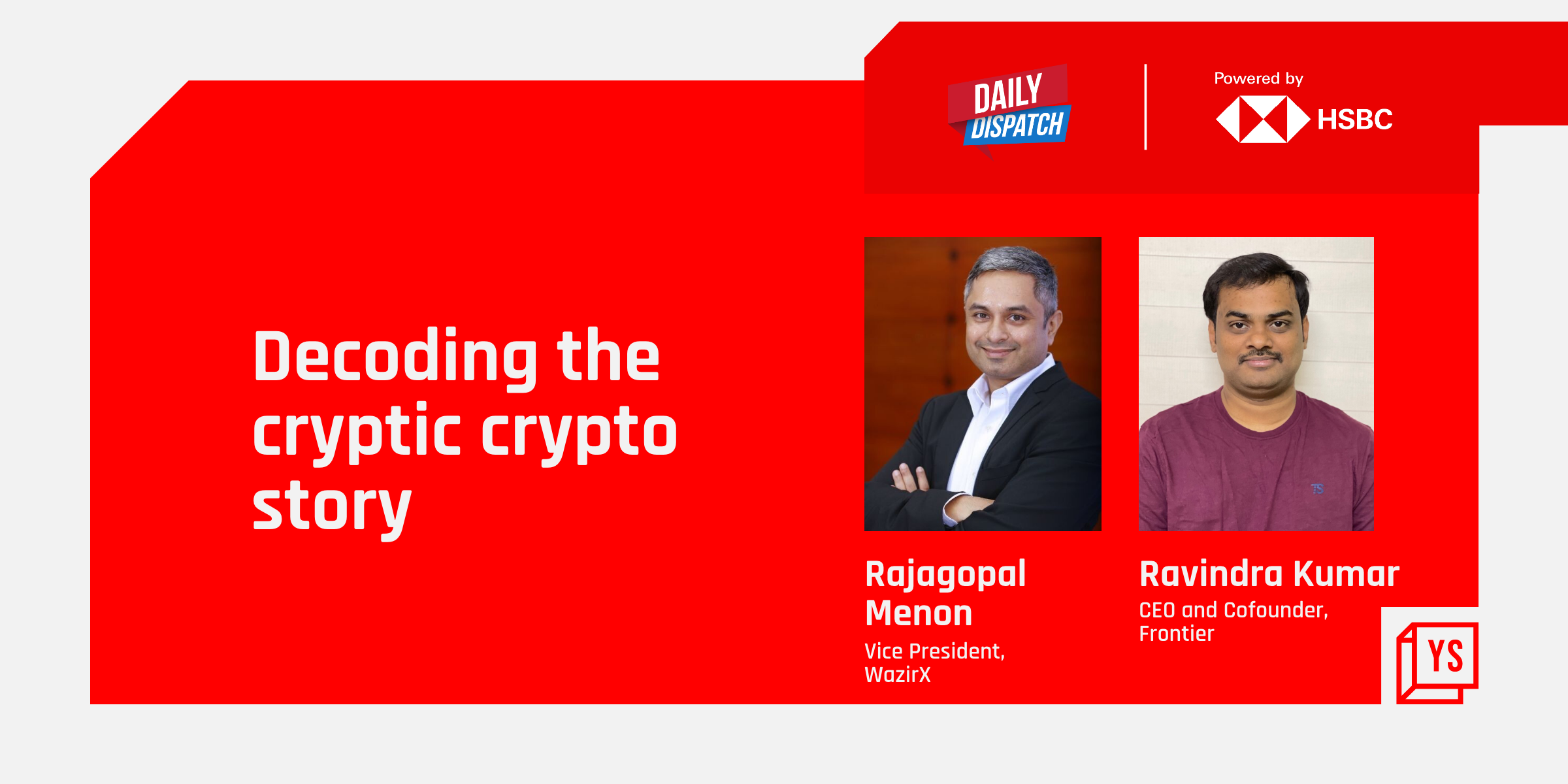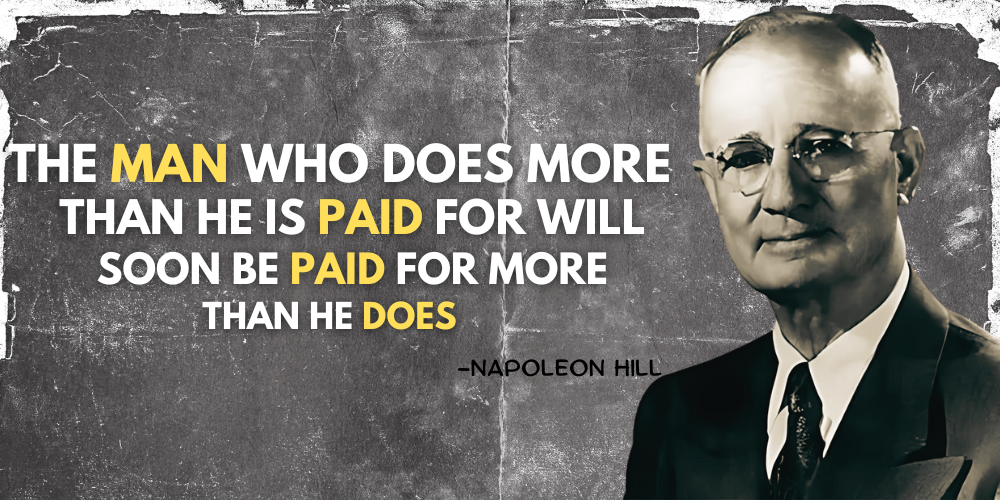[Techie Tuesday] Meet Sriram Kannan, an architect of no-GPS tech, who's Uber-ising employee transportation
In this week's Techie Tuesday, we feature Sriram Kannan, Co-founder and CTO of Routematic, who impressed the likes of Blackberry and Vodafone with his no-GPS tracking software.
For Sriram Kannan, Co-founder and CTO of Bengaluru-based , the biggest challenge lies in building something from scratch, which can create a path for others.
Perhaps, that's why it's no surprise that his two-year-old transportation-as-a-service startup Routematic already touches over 1.25 million commute trips every month, serving over 85 corporate clients.
At present, the platform has more than 25,000 cabs that travel over 1.5 million kilometres every day, with 300 million geocodes processed per day. And this is all in Bengaluru and Pune – using its own fleet of cabs.
Sriram tells us, "I bring pace into everything I do. And once that is set, I move on to the next project."
But, his first claim to fame was in 2010 when he was nominated as a "Top Innovator Under 35" by the Massachusetts Institute of Technology (MIT) for his work in telemedicine.
In this week's Techie Tuesday, we explore Sriram's journey that led him from a telemedicine app to no-GPS tech (more on that later), and finally, to Routematic.
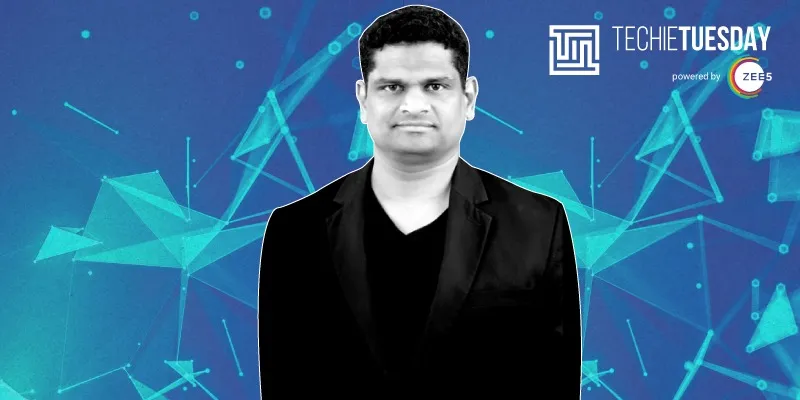
Building a telemedicine app
Around 2010, when apps, network, and data were not as mainstream, Sriram built the first client-based teleophthalmology application for iPhone, which landed him on MIT's list.
By then, he was already a wireless telephony expert having worked across chips, crypto, software, and ICP design at Texas Instruments since 2000.
Sriram's app was built to help ophthalmologists detect Retinopathy of Prematurity (ROP), which is the leading cause of blindness affecting over 2.5 lakh infants are diagnosed with it.
Later, Blackberry reached out to him and asked him to develop the app for them.
No GPS, hack cell towers instead
Blackberry, however, was more interested in Sriram’s pet project ‘Verayu’, a tracking software that doesn't use GPS, which he patented in 2012.
His software used cell towers to triangulate a subject's location, and alert using SMS.
Sriram, who has a master's degree in Engineering from the Indian Institute of Science (IISc), explains, “My father, who was living in Chennai, would come to Bengaluru to visit me. Instead of him calling me for all details, I wanted to build an app that would help at all costs. GPS would suck up a lot of battery. Using the cell towers, I set up the coordinates so that the minute he reached Whitefield, I would get his coordinates through an SMS.”
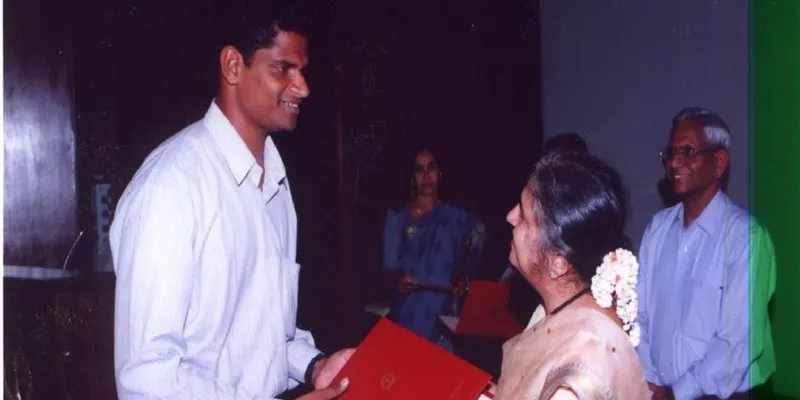
At his convocation.
Blackberry was impressed and intrigued by Sriram's software, and by the fact that he could build something like this without operator permission or an OEM.
The company liked the concept and began to use it to track its salesforce, and soon also integrated the software into its devices.
And from there, the Routematic journey began. Interestingly, Verayu is still a part of Routematic.
From IISc to Texas Instruments
Born and brought up in a middle-class Tamilian Brahmin family, Sriram's journey into software began from his time at IISc.
"Here, not only did I meet people from different walks of life, but I also learnt the ground realities of everyday living,” he says.
While working on his master's thesis, Sriram wanted to pursue a PhD but joined Texas Instruments in 2000 instead.
Here, he worked on various projects including chip design, Open Systems Interconnection Model (OSI) layer, smartphone processor OMAC, security subsystems, etc.
However, in 2005, Sriram realised he wanted to work directly with clients and moved to Japan. Eventually, Texas Instruments let him start Nivaata Systems, an IT security company out of Japan for Texas Instruments clients, which marked Sriram's entrepreneurial debut.

With some friends at IISc.
Entering the routing world
By 2012, Sriram had already become famous in the tech and tracking world for Verayu and the telemedicine app he had built.
After Blackberry's tie-up with Verayu, telecom giant Vodafone approached Sriram to use the software for its salesforce, becoming his first external client.
Next, Cisco approached him in 2013 to use Verayu to track its fleet of drivers.
“They thought of building a device, which doesn’t even have to be switched on. This led to the birth of ‘Yantra’, another tracking device, which can run for 20 days on a single charge,” says Sriram.
Around this time, ETS – Employee Transport Systems – started taking precedence. , which was an investor in Verayu, connected him to Surajit Das, who was looking at employee transport.
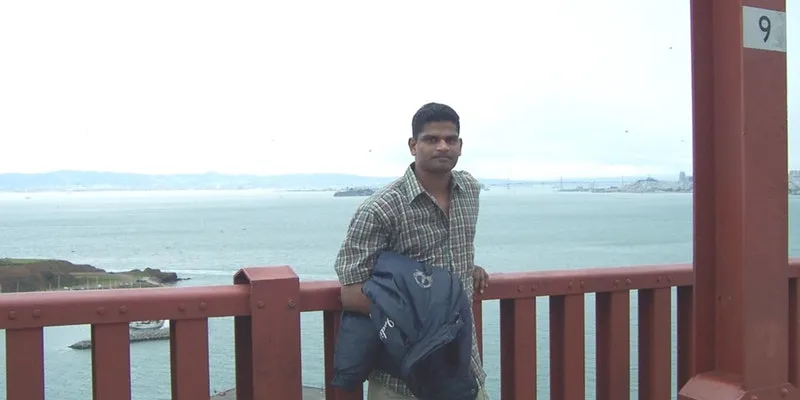
At the Golden Gate Bridge, San Francisco.
Thus, Routematic began in 2013 as a SaaS-based transport automation solution provider. It offered a cloud-based location tracking and vehicle management system to large enterprises.
Then, two years ago, the startup transitioned into a full-fledged employee transportation company, adding fleet aggregation to its portfolio.
“Routing for objects is easier, but people routing is different. You end up randomly putting people on one route together, but that doesn’t always work. This isn’t science, but art; it is iterative basis what you hear from employees and companies,” says Sriram.
That meant that the team had to build the routes based on the comfort of a traveller. According to Sriram, geography isn’t geometry. He explains,
"Travelling 10 kilometres on a highway is different from commuting 10 kilometres in a city. And if I can reduce a commuter's travel time by even five minutes, the routing accuracy becomes stronger.”
From coding to strategising around code
Even today, Sriram continues to experiment with apps and routing systems. However, he is no longer involved in day-to-day coding. Instead, he focusses more on strategising and bringing in technical efficiencies.
“I have decentralised a lot of my engineering work. Now, I am working on building a data science team and vertical models, and core research. Three years ago, I went back to my alma mater, and formalised my study in Machine Learning,” he says.
To this effect, Sriram is busy building the data science team at Routematic, which currently has four people working on reinforcement learning – a technology typically used in gaming. This, he says, is used a lot in commercial operations for route planning.
Sriram hires people with one key trait – ownership.
He tells us, “Be manically focussed and you will acquire the skills with time. What matters is how much you own the problem, think of different solutions, and be open to new ideas.”
(Edited by Saheli Sen Gupta)






![[Techie Tuesday] Meet Sriram Kannan, an architect of no-GPS tech, who's Uber-ising employee transportation](https://images.yourstory.com/cs/2/604090802d6d11e9aa979329348d4c3e/WhatsAppImage2020-02-03at21-1580766524478.jpeg?mode=crop&crop=faces&ar=2:1?width=3840&q=75)
